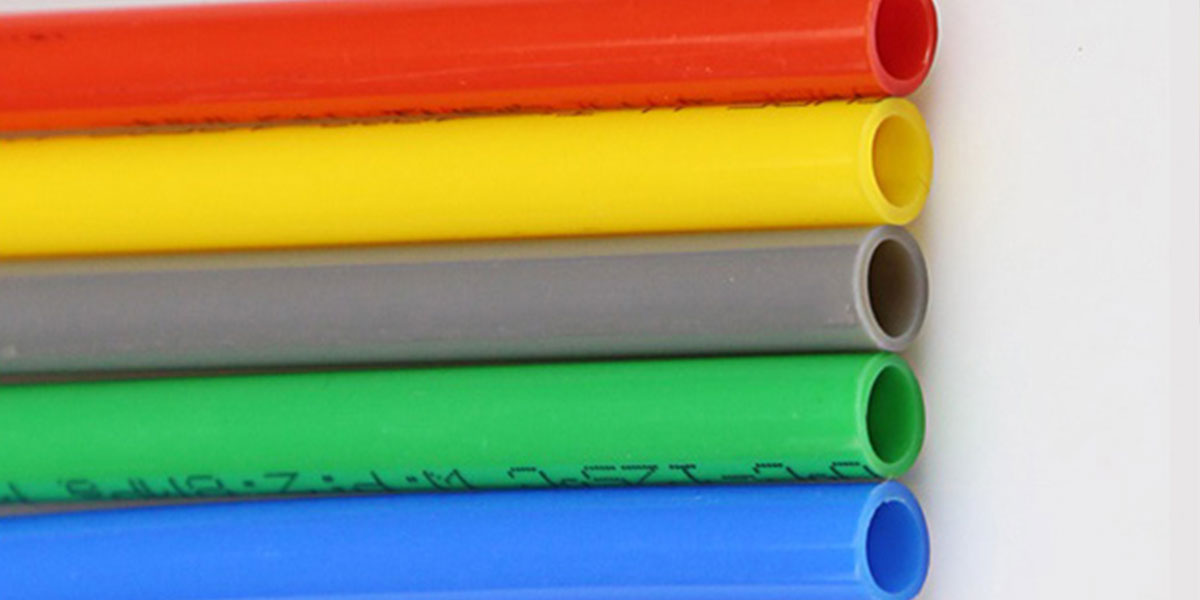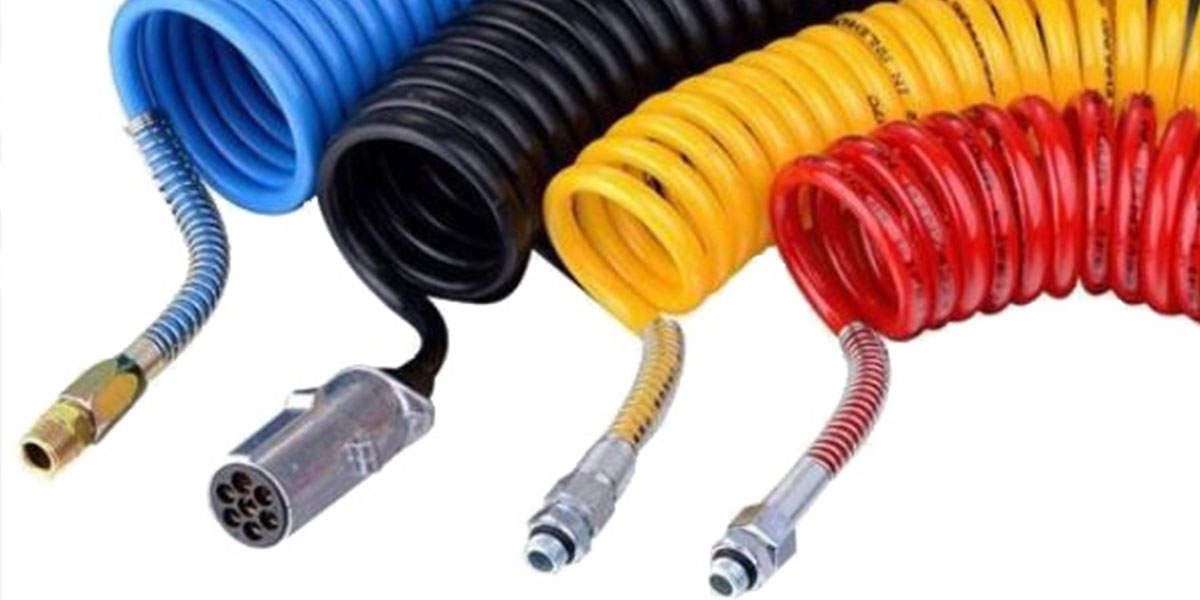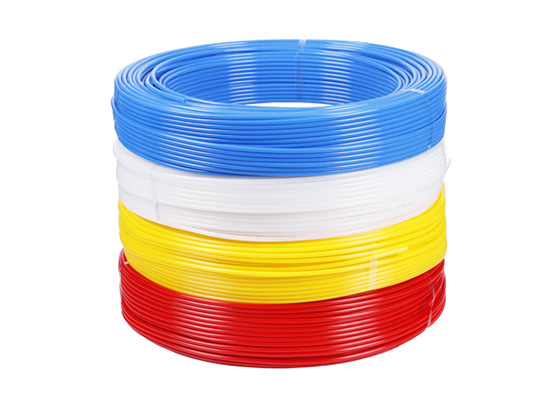
Parameters of Nylon Tubing
| Raw material | Polyamide |
| Applicable medium | Air, Water, Vacuum, Oil |
| Working pressure | 0~2.0MPa |
| Max.applicable pressure | 2.5MPa |
| Min. Burst pressure | 6.0MPa |
| Embient and fluid temperature | -40℃~+120℃ |
Characteristics of Nylon Tubes
Compared to PU tubes, nylon tubes have higher mechanical strength and tensile strength.
They are wear-resistant, possess good toughness, and show remarkable stability in tensile and bending performance.
Nylon tubes are easy to install and do not require any special tools.
Their superior overall performance makes them an ideal alternative to copper, steel, or rubber hoses, which cannot match their durability and functionality.
These tubes are lightweight, moisture-resistant, and resistant to saltwater and seawater.
They also have excellent aging resistance. Nylon tubes are corrosion-resistant to alkalis, salt solutions, and weak acids, and exhibit good resistance to engine oil, gasoline,
aromatic hydrocarbons, and general solvents.
This inertness effectively prevents corrosion from gasoline, oil, fats, weak alkalis, and other substances.
As a result, nylon tubes are widely used in compressed air systems, lubrication systems, combustible oil pipelines, hydraulic lines, certain chemical fluid applications, and fluid systems related to food.
Typically, they convey liquids like 40°C sodium bicarbonate, 40°C carbonated water, alcohol from -20 to 40°C, distilled water, seawater, oil, etc.
However, nylon tubes are not resistant to strong acids, strong alkalis, phenols, and other oxidative liquids.
Types of Nylon Tubing
◆PAC Nylon Coil Tube /Spiral Hose
















